Navigating the Regulatory Landscape: State Efforts to Rein in Real Estate Wholesalers
Introduction:
Real estate wholesaling, a practice where investors secure properties under contract and then assign those contracts to buyers for a fee, has gained popularity in recent years. While this strategy can be lucrative, it has also raised concerns and prompted state legislatures and regulators to take a closer look. In response to various issues surrounding real estate wholesaling, lawmakers are implementing measures to regulate and reign in this aspect of the real estate market.
Understanding the Challenges:
Real estate wholesaling operates in a legal gray area, with critics arguing that some wholesalers engage in unethical or fraudulent practices. Concerns often revolve around issues such as lack of transparency, misleading marketing, and potential harm to property owners. To address these challenges, state legislatures are exploring ways to establish clear guidelines and regulations for real estate wholesalers.
State Legislative Initiatives:
- Licensing Requirements: Some states are considering or have already implemented licensing requirements for real estate wholesalers. Licensing can ensure that individuals engaging in wholesaling activities meet certain standards and adhere to a code of ethics. This approach is similar to the licensing requirements imposed on real estate agents and brokers.
- Education and Training: Legislators are exploring the possibility of mandating education and training programs for real estate wholesalers. This could include coursework on ethical business practices, legal requirements, and other relevant topics. By ensuring wholesalers are well-informed, states aim to reduce the likelihood of fraudulent or deceptive practices.
- Disclosure Rules: Transparency is a key concern in the real estate wholesaling industry. Some states are considering or have implemented rules that require wholesalers to provide clear and comprehensive disclosures to property owners. This may include information about the wholesaler’s role, the nature of the transaction, and any fees involved.
- Fee Limitations: To prevent excessive fees and ensure fair dealings, some states are exploring the possibility of imposing limitations on the fees that wholesalers can charge. This measure aims to protect property owners from being exploited and to maintain the integrity of real estate transactions.
Regulatory Challenges:
While state legislatures are making strides in regulating real estate wholesalers, challenges remain. The lack of uniformity in regulations across states makes it difficult to create a standardized framework for the industry. Additionally, striking the right balance between protecting property owners and allowing for legitimate wholesaling activities poses a complex challenge for regulators.
Conclusion:
As the real estate wholesaling industry continues to evolve, state legislatures and regulators are actively working to establish a regulatory framework that safeguards the interests of all parties involved. The goal is to foster a fair and transparent marketplace while addressing the concerns associated with unethical practices. By implementing licensing requirements, educational initiatives, disclosure rules, and fee limitations, states aim to create a more structured and accountable environment for real estate wholesalers. As these regulatory efforts progress, the real estate industry as a whole may benefit from increased integrity and confidence in transactions.
Nate Marshall
It's Nice to Share


















































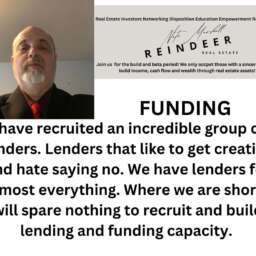


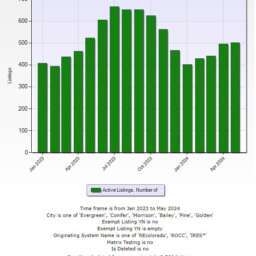


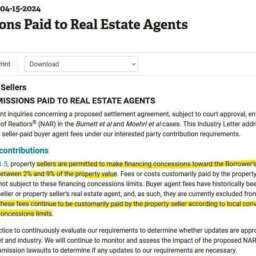
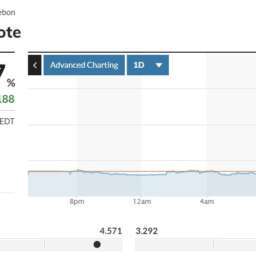

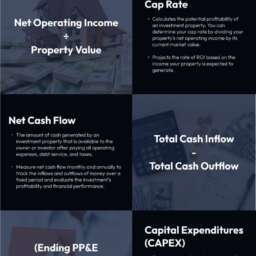


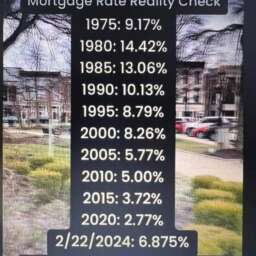
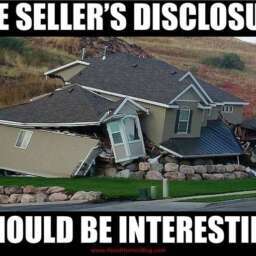

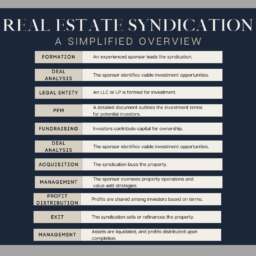
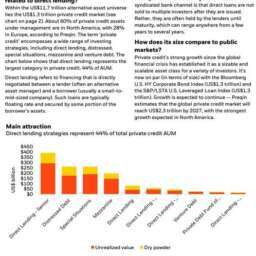



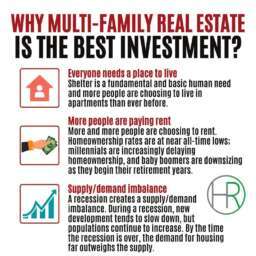





Comment, Write a Blog Post, Create Groups, Get Seen!
Comments, Opinions and Facts Go Here...👇